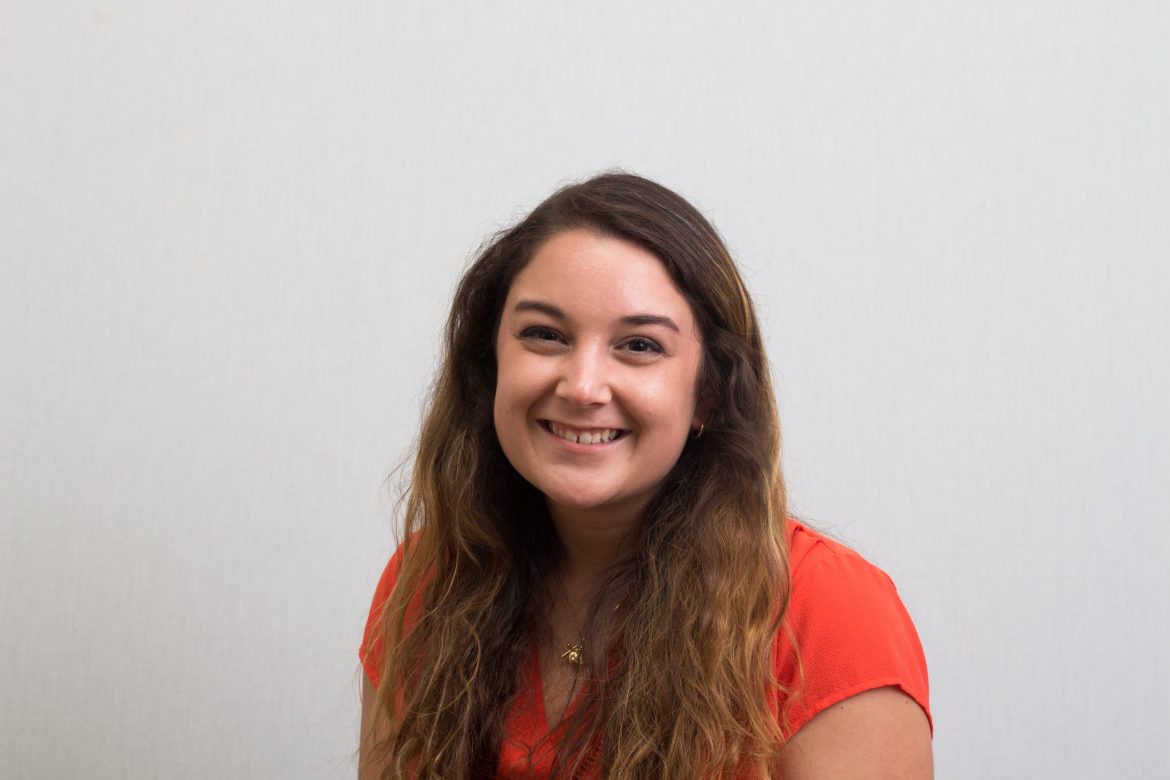I used to think I would change the world.
I was a blissful, naive high school kid. I thought saving the world was simple: be kind and be like Jesus. I even gave one of my Lads to Leaders/Leaderettes speeches about it.
The summer after I graduated high school in 2014, I volunteered with a nonprofit in Costa Rica. That’s where I met Sara.
Sara was a 12-year-old girl living in a children’s home. She was quiet and sweet, and she had a desire to learn. We would sit on the bleachers at the basketball court and exchange vocabulary words, where she would repeat my English words and I would repeat her Spanish words.
I never learned her full story, but we were told that most of the children were abused or neglected. She was a recent addition to the home and most likely fell into this category. This was my first experience in such an environment, and my heart broke knowing that so many children just like Sara have never known a loving home.
When we left the children’s home for the last time, Sara and I hugged goodbye. She buried her face in my shoulder, and I felt her tears soak through my t-shirt.
I realized that changing the world was going to be a little more complicated and draining than I had previously assumed. Broken countries, broken families and broken hearts were fragile pieces of the puzzle I thought I was able to solve.
On Tuesday, Nov. 7, I sat in a conference room with ASI speaker Eva Kor, a Holocaust survivor and forgiveness advocate. During a mini media session, which was broadcasted live on Facebook and Instagram by Student Publications, Eva talked less about the Nazis and more about the need for certain actions to be taken by people today.
Eva mentioned the genocide in Sudan, conflict in Somalia, and the tension in North Korea. She argued that the world is not doing enough to stop the loss of life or inhumane treatment of people. She thought we could do better.
I think we can, too.
I admire Eva’s wisdom. She said that if everyone could think of one way to change the world, people would never be bored again. If each person used their talents or skills or gift — whatever you want to call it — cruelty and death might not be as relevant today as it was during the Holocaust. No one can accomplish such a task alone, but we can do it together.
Sometimes I think about Sara. She would be 15 now. I wonder if she has learned any more English or made friends at the home. I wonder if she is still living there or if she was ever adopted into a family.
Sara, a girl once abused, abandoned or neglected, has the ability to help change the world. I do not know how much her life has changed, what her hobbies might be or her best subject in school — or if she even goes to school — but I know that she, merely by being a person, has the ability to make a difference in the lives of others because she made a difference in mine.
During her lecture in the Benson Auditorium on Tuesday night, Eva said, “Never ever give up on yourself or your dreams.”
After getting a glimpse of life in a children’s home in the small country of Costa Rica, I realized several underlying factors were involved in the hurting state of people around the globe.
I used to think I could change the world. Now I know that I cannot do it alone.
